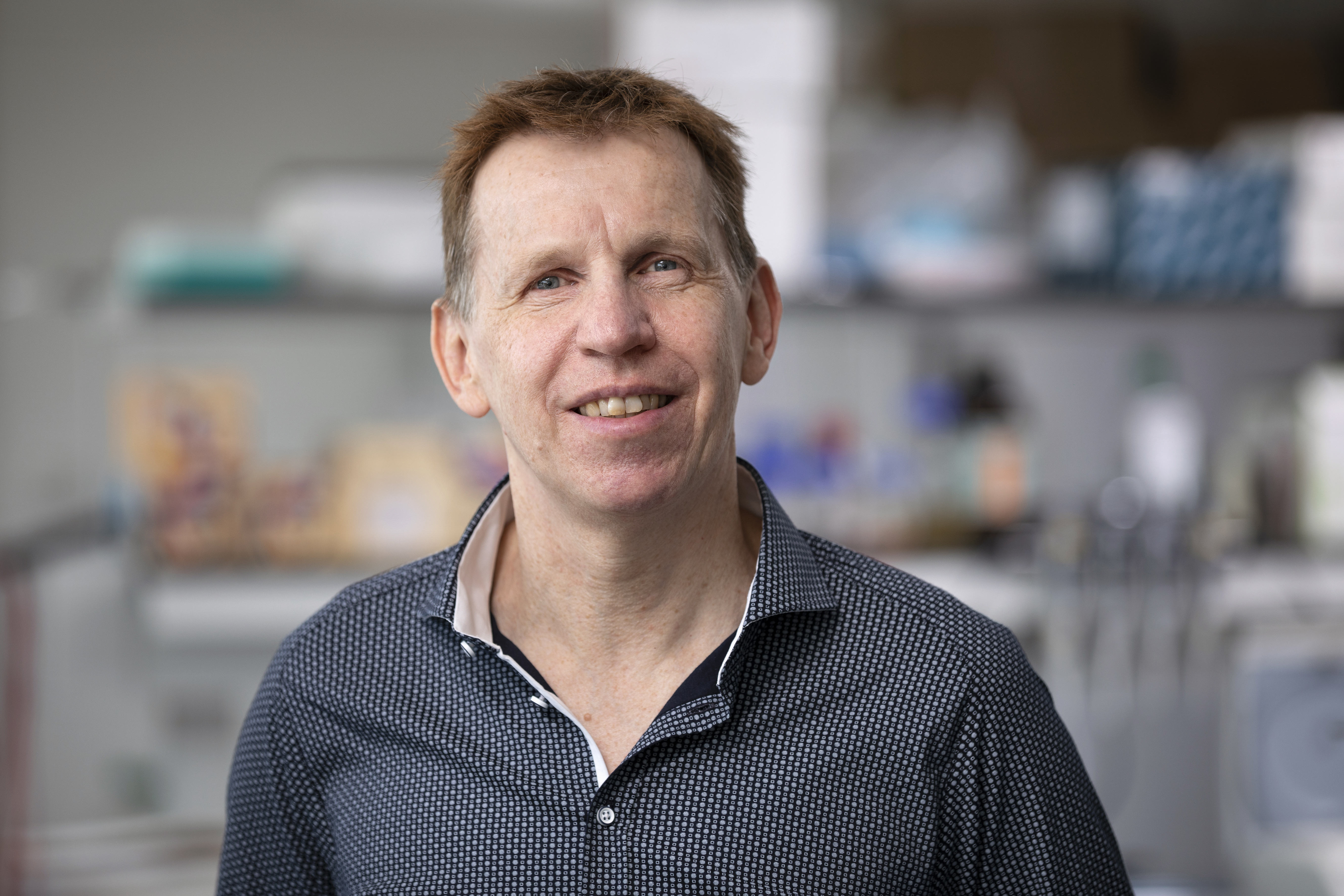This award comes in recognition of his work developing technologies to study the role of the immune system in cancer progression, and for the improvement of cancer diagnosis and treatment. He will share the prize with french scientist Jerome Galon from the Institut National de la Santé et de la Recherche Médicale (INSERM) in Paris.
The first month of 2021 is not even gone, and we already have some great news. Oncode Investigator Ton Schumacher (NKI) won the renowned Jeantet-Collen Prize for Translational Medicine. This award comes in recognition of his work developing technologies to study the role of the immune system in cancer progression, and for the improvement of cancer diagnosis and treatment. He will share the prize with french scientist Jerome Galon from the Institut National de la Santé et de la Recherche Médicale (INSERM) in Paris.
Schumacher uses a technology-based approach to analyse immune function. Through development of novel assay systems, his research group has made it possible to describe with unprecedented depth which antigens are seen by the T-cells that infiltrate human tumours.
Subsequently, him and his team used these technologies to demonstrate that T-cells in human cancers, such as melanoma and lung cancer, frequently respond to newly formed antigens - “neoantigens” - that arise because of DNA mutations. His research provided the first evidence that immune checkpoint blockade, the most widely used form of cancer immunotherapy, can increase the capacity of the T cell-based immune system to recognize such neoantigens.

Finally, the observation by Schumacher and others that T cell-based cancer immunotherapies show the most profound activity in cancer types with large amounts of DNA damage provides independent evidence for the role of cancer neoantigens in human tumour control and has inspired the development of neoantigen-directed cancer therapies.
Schumacher will use the prize award - 500.000 CHF, equalling approximately 464.000 euro - to further expand the understanding of the immune microenvironment during tumour transition and to predict which tumour antigens are recognized by T-cells, so to reveal novel diagnostic and therapeutic opportunities.
Furthering research is what the Louis-Jeantet Prize encourages, as it is given not only in recognition of completed work, but to continue innovative research projects. And when such innovative research projects get close to practical applications for combating illnesses, one of the Louis-Jeantet Prizes converts into a Jeantet-Collen Prize for Translational Medicine.
Schumacher is the 4th Dutch scientist to win this award since the Louis-Jeantet Prize was established in 1986. Ninety-six European leading-edge researchers have been awarded so far. Of them, 14 have further won the Nobel Prize for physiology or medicine, or the Nobel Prize for chemistry.